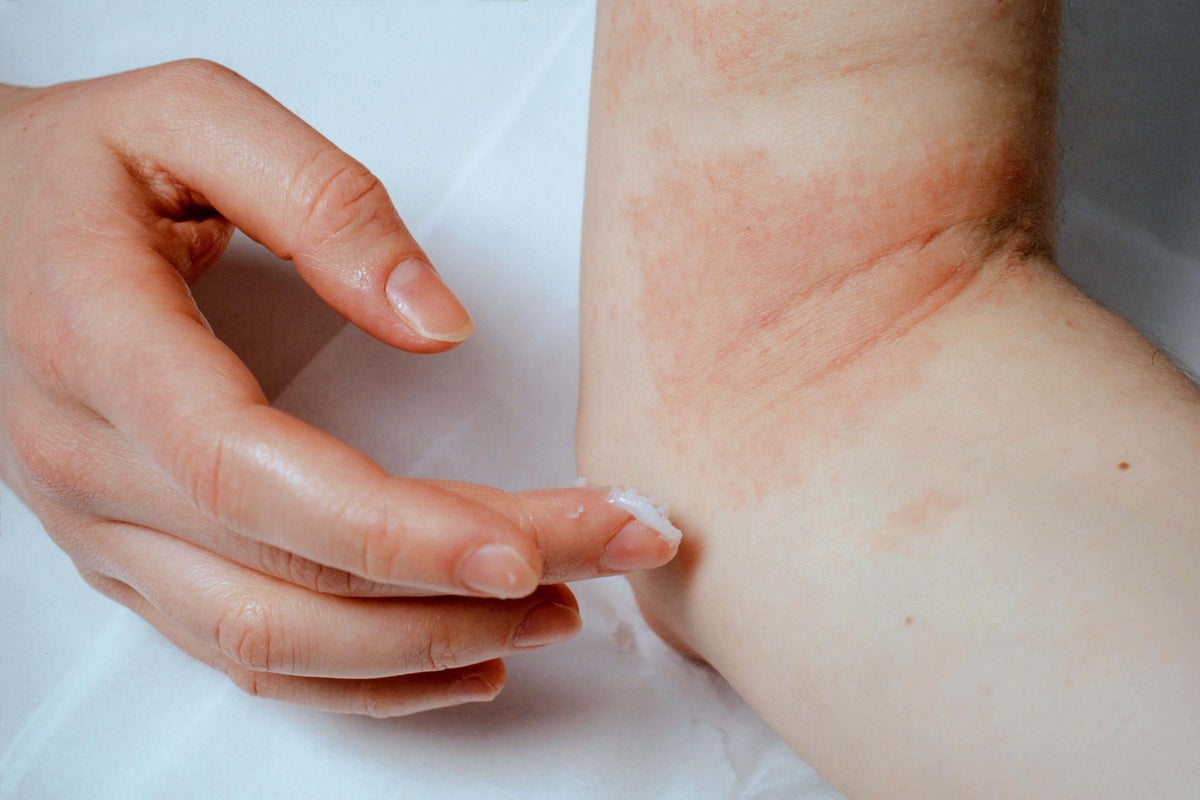
There’s no such thing as one-size-fits-all when it comes to a skincare routine – particularly those of us with skin conditions.
Whether it be eczema, psoriasis or simply sensitive skin – finding a routine that won’t exacerbate flare-ups but still supports hydration and healing is crucial.
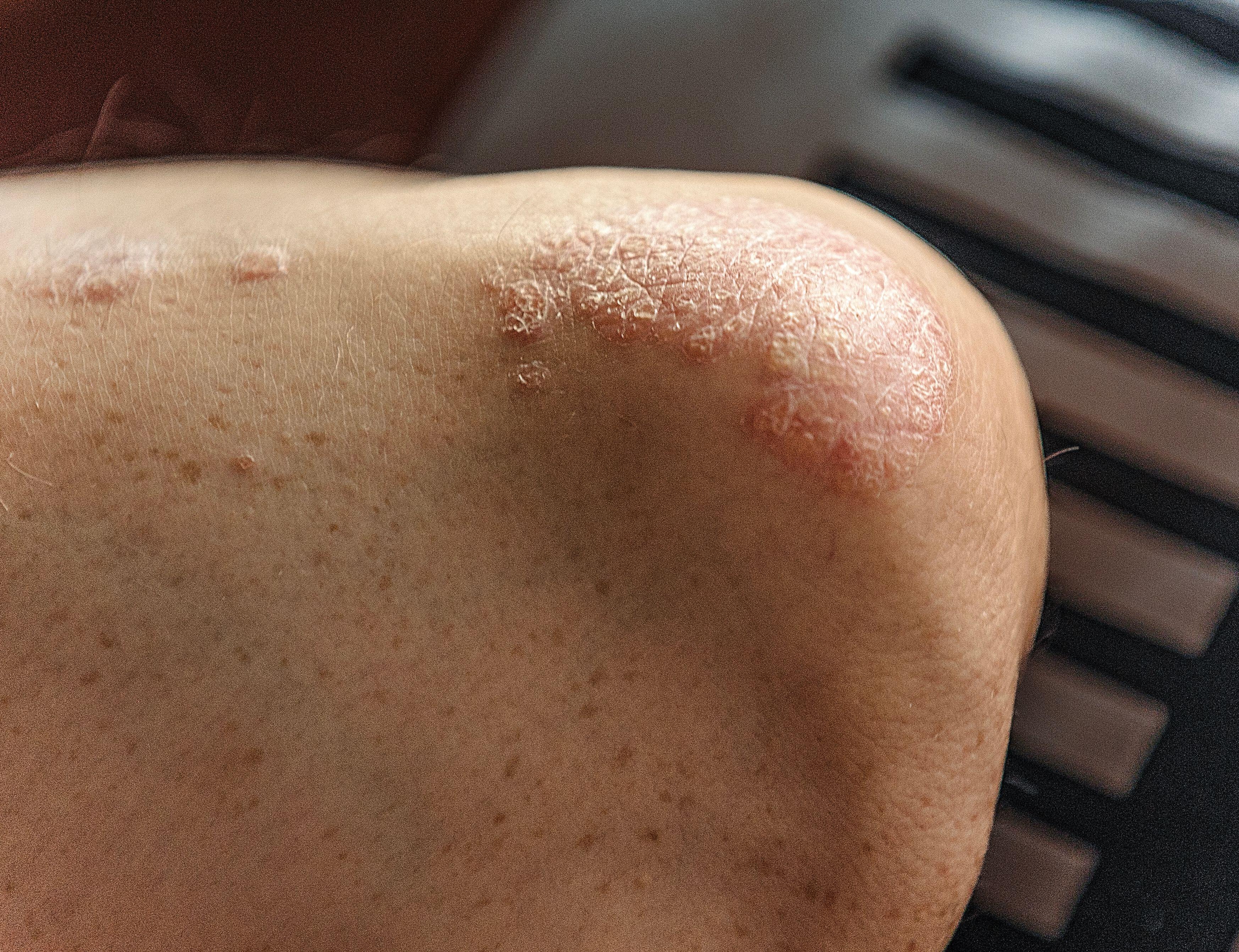
Affecting over 1.4 million people in the UK, psoriasis is an autoimmune condition that causes flaky, inflamed patches of skin. And while it’s not contagious, it can be both physically and emotionally uncomfortable.
So in recognition of Psoriasis Action Month this August, we hear from dermatologists and holistic skin experts on how to manage flare-ups and build the best routine.
Start simple – less is more
The urge to overhaul your skincare when psoriasis appears is completely understandable. But instead of piling on products, the experts advise taking a step back.
“When the skin becomes imbalanced it can be tempting to introduce a slew of new products at once in an attempt to resolve the problem,” says naturopathic herbalist at Neal’s Yard Remedies Tipper Lewis. “In fact, simplifying your routine may be the very thing your skin needs. I think of it like a holiday for your skin helping it to rest and reboot.”
The most important thing is ensuring your skin barrier isn’t damaged.
“The first and most important step is to restore and protect the skin barrier, which is compromised in people with psoriasis,” says dermatologist and Chinese medicine specialist Dr Mazin Al-Khafaji.
“Many individuals inadvertently worsen their condition in an effort to remove the characteristic thick scales – often by over-washing or using unsuitable products.”
What to avoid and what to embrace
Reading the product labels is an arduous task for anyone suffering with a skin condition, and it’s not always clear what irritants are in there.
“Avoid anything that may irritate or inflame compromised skin. This includes synthetic fragrances, harsh exfoliants and foaming cleansers containing sodium lauryl sulphate [SLS] – a known irritant that strips the skin and disrupts the barrier,” says Al-Khafaji.
Instead, barrier-supportive ingredients like ceramides, calendula, aloe vera, oat extracts and chamomile all get a green light.
“Look for products with anti-inflammatory properties, such as ceramides, natural plant oils and gentle botanical emulsifiers,” he says.
On top of that, choosing certified organic skincare ensures products won’t include many possible sensitisers such as petroleum-derived ingredients, synthetic fragrances or sulphates like sodium lauryl sulphate.
And don’t overlook your bath.
“A simple home remedy to try is salt bathing,” says Lewis, “[it’s] a combination of around 500g Epsom salts and natural sea salt in a warm bath.
“You might also consider adding a herbal infusion – such as chamomile or lavender to soothe the skin, marigold to support natural skin restoration, or chickweed to help relieve itching.”
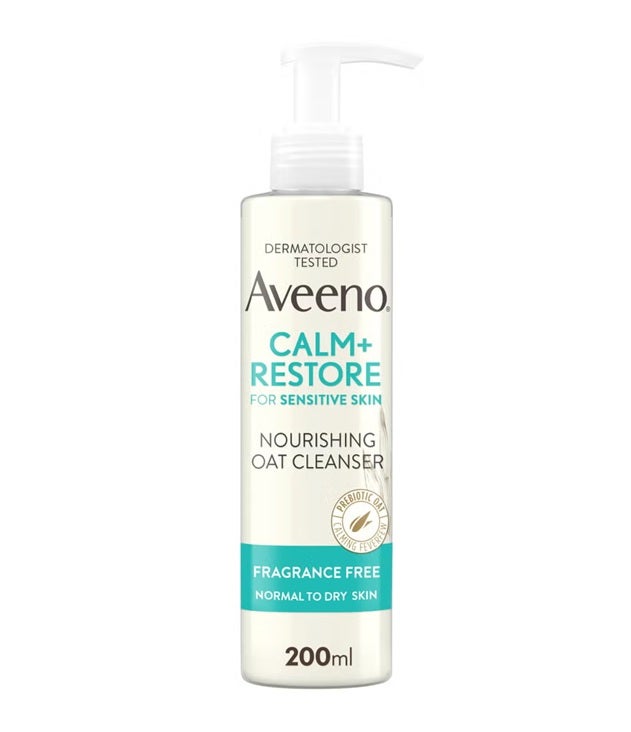
Aveeno Face Calm and Restore Cleanser, £9.49, Boots
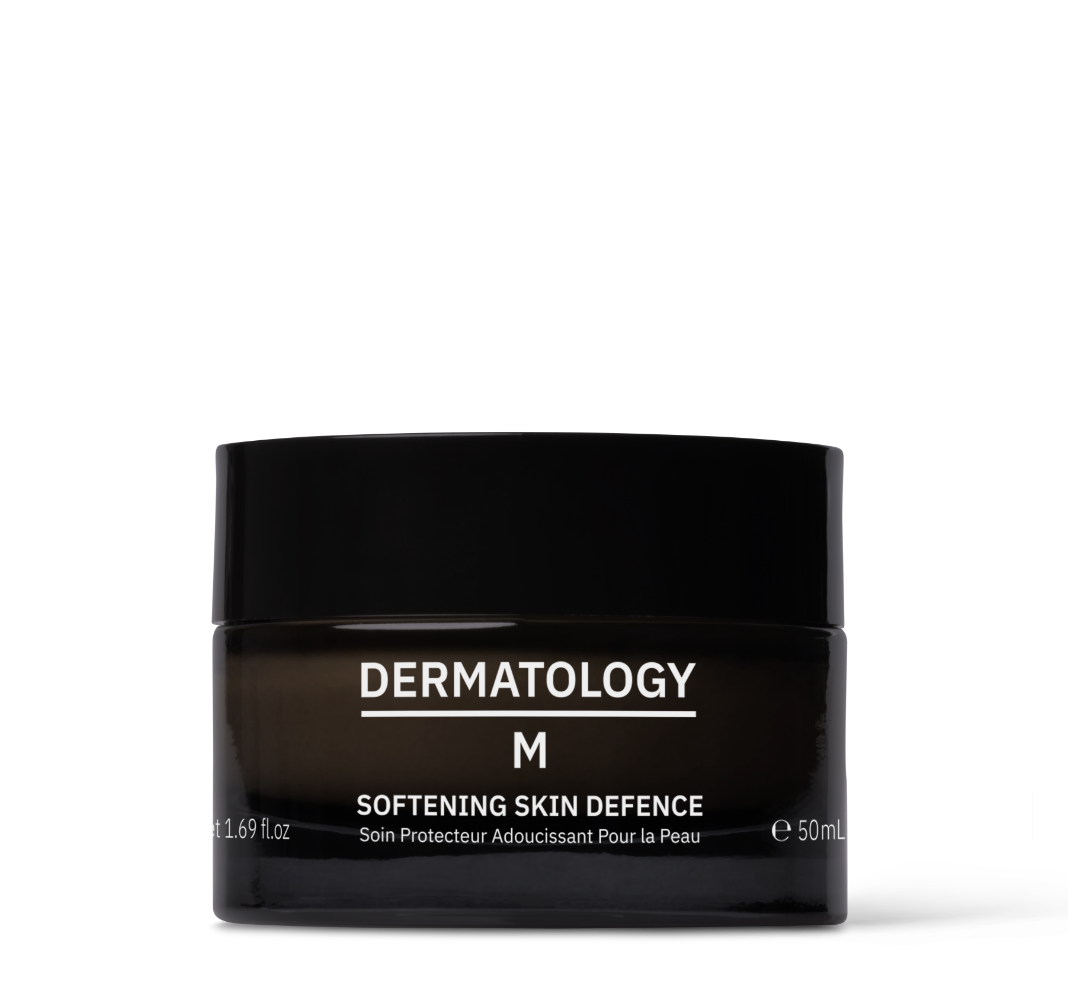
Dermatology M Softening Skin Defence Moisturiser, £42
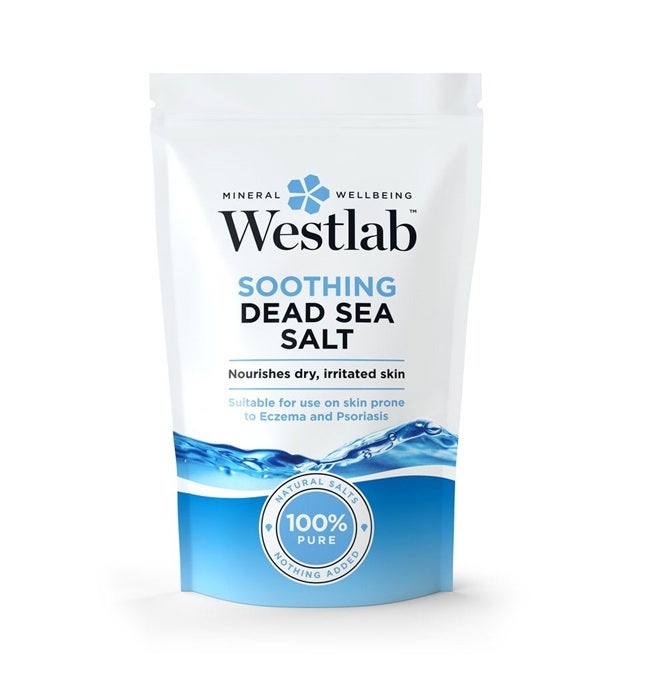
Westlab Dead Sea Salt, £6, Holland & Barrett
How to exfoliate
When thick plaques build up, exfoliation may seem like a quick fix, but experts urge extreme caution. “It may be tempting to scrub the skin, but this can cause damage,” warns Lewis.
She suggests using a massage mitt made from flax or hemp fibre, “gently brushed over the skin to lift off dead cells.”
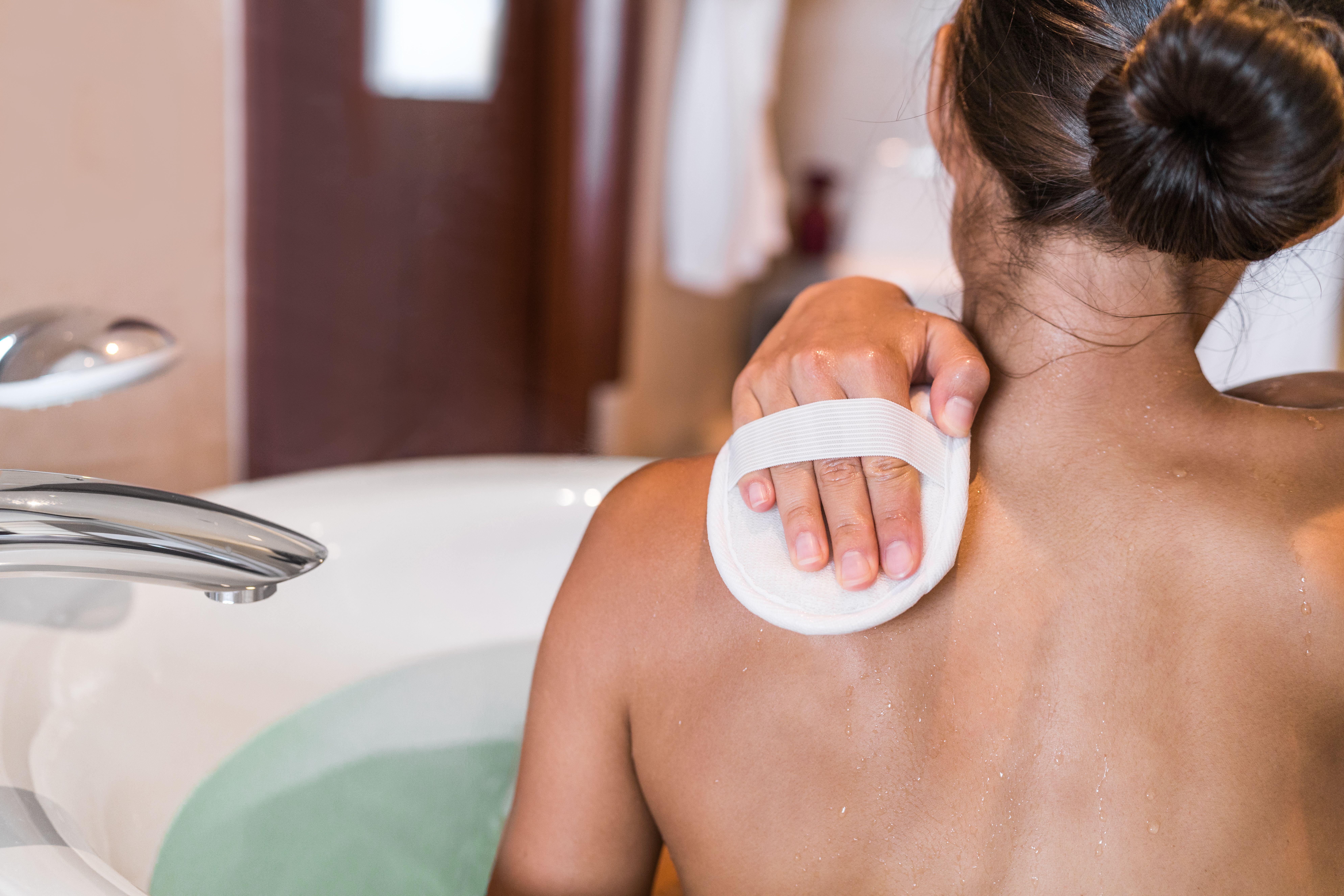
Al-Khafaji is even more conservative, noting that “physical exfoliation should generally be avoided. Scrubs, loofahs or abrasive brushes can easily trigger the Koebner phenomenon, where even minor skin trauma leads to the formation of new psoriatic lesions.”
Instead, he recommends naturally derived chemical exfoliants – such as fruit acids or urea-based preparations – but only for specific areas and always followed by a rich emollient.
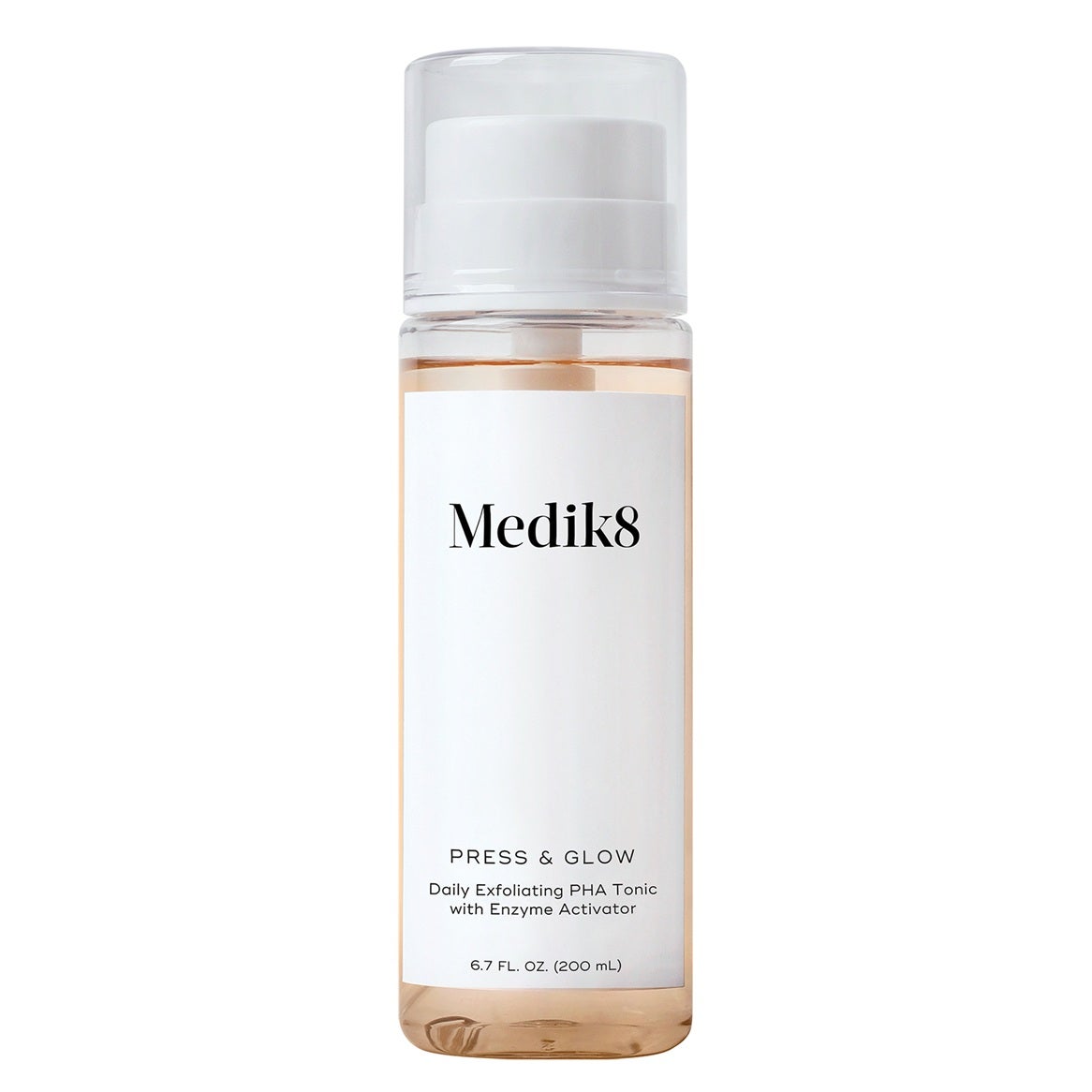
Medik8 Press & Glow Daily Exfoliating PHA Tonic with Enzyme Activator, £32, SpaceNK
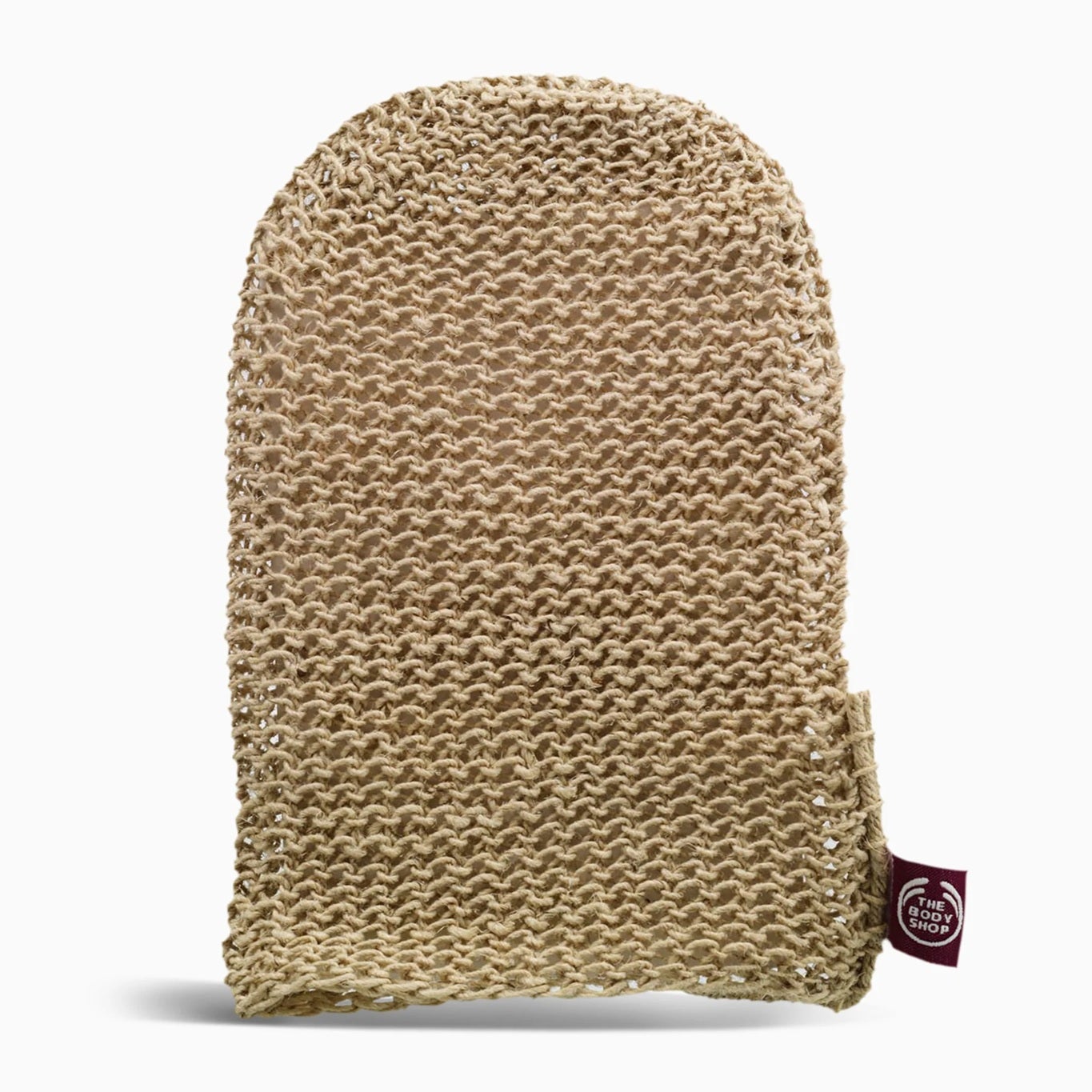
The Body Shop Hemp Body Mitt, £9
Change your routine with the weather
Weather matters. In fact, the season may influence the severity of your symptoms more than you think.
“During the summer months our skin is exposed to sunlight – UVB – and the air is more humid, which some people may find helpful,” says Lewis. “Spending more time outdoors may promote relaxation, which in turn has a positive effect on the skin.”
Winter, however, is more challenging. “Psoriasis often worsens in colder months when the air is dry, and sunlight is limited,” says Al-Khafaji.
“Use richer creams or ointments, avoid long hot baths, and consider using a humidifier to offset the drying effects of central heating.”
How to tailor your lifestyle
Some routines marketed as “helpful” may actually be making things worse, like over-washing and using long-term prescription steroids.
“While topical steroids can temporarily suppress inflammation, they do not address the root cause,” says Al-Khafaji. “Over time, they thin the skin, impair its natural defences and often lead to rebound flares.”
While someone’s diet and gut is often been linked to skin health, stress has also been flagged as a symptom of worsening skin conditions.
“[If you’re stressed] support your zen with herbal tea or tinctures,” says Lewis. “Try soothing essential oils in a diffuser, like bergamot, lavender, cedarwood or immortelle.”
But natural doesn’t always mean best. “Some so-called natural products – including high concentration of essential oils or over-the-counter herbal creams – can actually worsen the condition,” says Al-Khafaji.
Even with this greater knowledge of how you should adjust your skincare routine, lifestyle changes aren’t always enough to eradicate symptoms. “Psoriasis is not simply a case of dry skin – it is a complex, immunologically active disease that requires targeted, informed care,” says Al-Khafaji.
So, before making any drastic changes to your routine, it’s best to consult your doctor or a dermatologist.
Beauty experts reveal tips for a great self-tan if you’re over 50
Forget takeaways – Emma Chung wants you cooking Chinese food from scratch
How to dress for late summer events in unpredictable weather
A look back at Princess Anne’s best fashion as royal turns 75
Return of the nightie: Here’s how to revamp your nightwear in 2025
‘Princess Diana would have looked fabulous in one’: Dame Zandra Rhodes, 84, on designing swimwear







